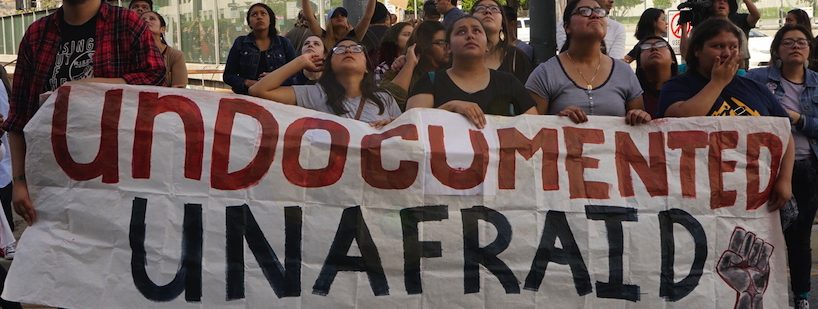The Issue
For undocumented students in the US, primary and secondary education are ensured through the 1982 Plyer vs. Doe US Supreme Court case (Nguyen & Serna, 2014). Those same students then have no guarantees for higher education and face prohibitively high tuition costs. While Congress continually debates legislation (DACA and the DREAM Act) that would permanently help undocumented students, many states and individual universities have taken initiative toward reducing barriers to higher education for undocumented students. As of late 2017, at least 20 states, including Colorado, have “tuition equity” laws allow many undocumented college students to pay the same tuition rate as their in-state peers (National Immigration Law Center, 2017). Several states also offer financial aid to some undocumented students, as they often do not qualify for federal and other grants and scholarships.
In 2013, the state of Colorado passed the ASSET (Advancing Students for a Stronger Economy Tomorrow) Bill which allows qualifying students to pay in-state tuition in the state. Since this significant legislation, there has been grassroots organizing in the state, and especially in Denver, around ensuring the reality of access to higher education for undocumented students. There are organizations advocating for support, education, and legal representation of undocumented students.
Story of an Undocumented College Student in California
